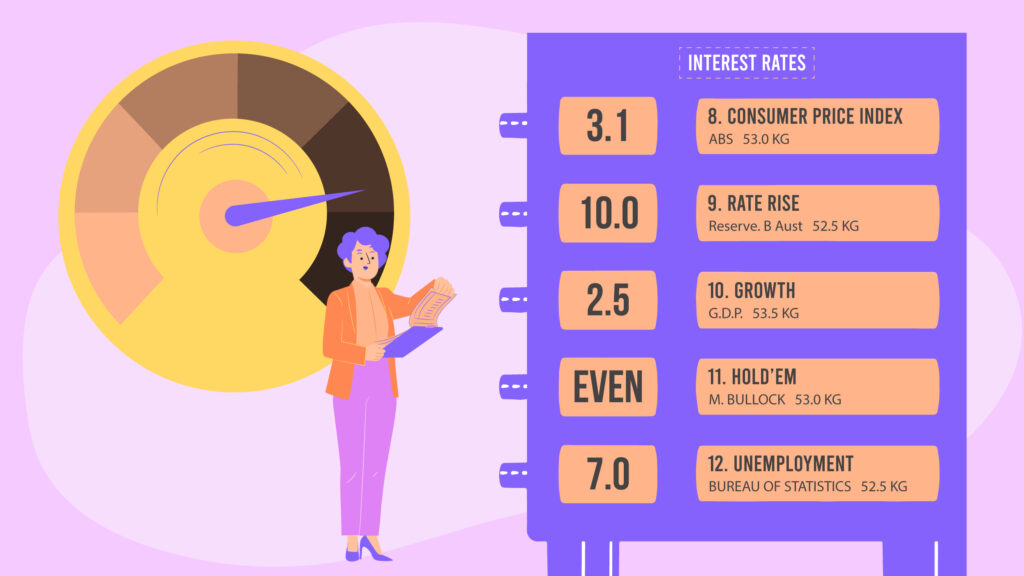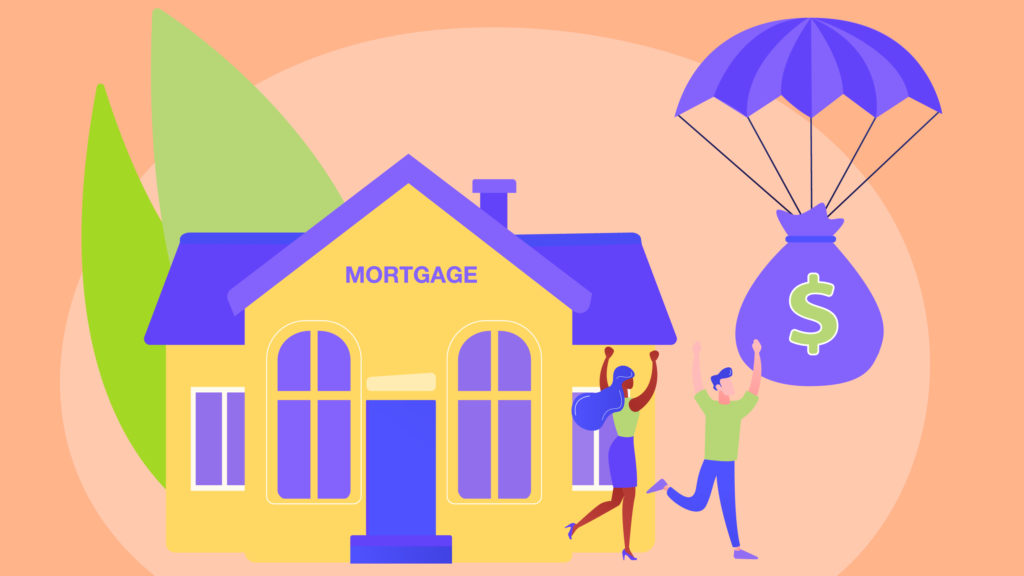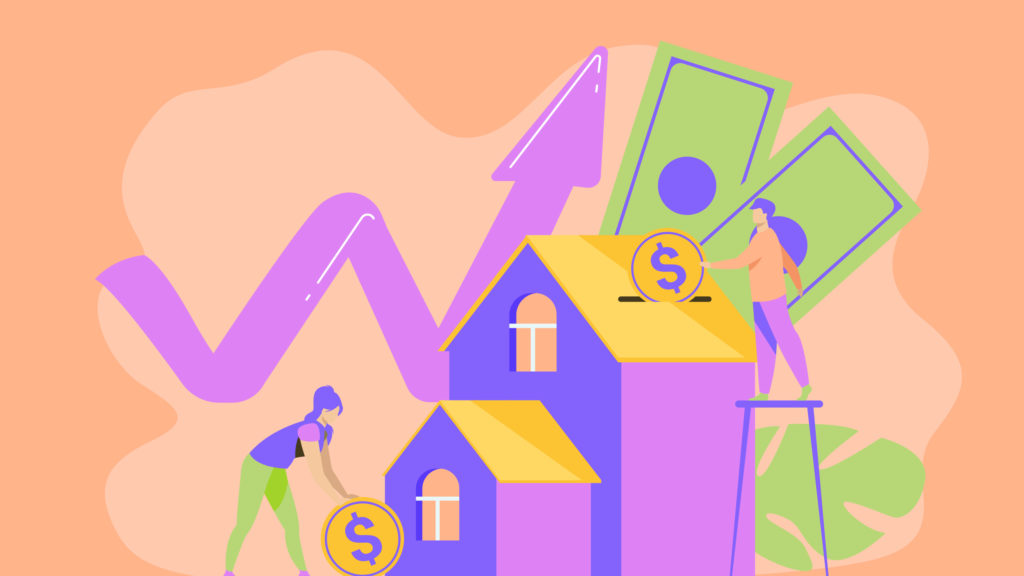Mortgage Rates: An Each-Way Bet

Mortgage rates are a pivotal factor in the housing market and personal finance, acting as a significant influence on homeowners’ financial stability and planning. In this article Mortgage Rates: An Each-Way Bet, we look at the current forecasts and implications.
Top five reasons people get into mortgage stress

Top five reasons people get into mortgage stress. Mortgage stress is never far from the news in Australia, with years of historically low-interest rates and a booming property market, home ownership became within the reach of millions.
Can you actually afford to buy?

Can you actually afford to buy. There is so much pressure to buy a home to enter the property market these days that renters could be forgiven for experiencing a sense of failure if they are not planning to buy.
How can we reduce mortgage stress

How can we reduce mortgage stress. Despite sustained, record low interest rates, repaying a mortgage remains one of the most significant financial stressors for many Australians. According to Moody’s Analytics, 20 percent of all Australian households are said to be under mortgage stress in Australia. Government figures record just over a third of Australian households has a […]
The Australian dream holds big financial risks

The Australian dream holds big financial risks. It’s said that the American dream is upward mobility – the ultimate example being to become the US President. The Australian dream seems more modest – home ownership, especially the good-old quarter acre block. But arguably it comes with bigger risks than the American dream, especially for Australians […]